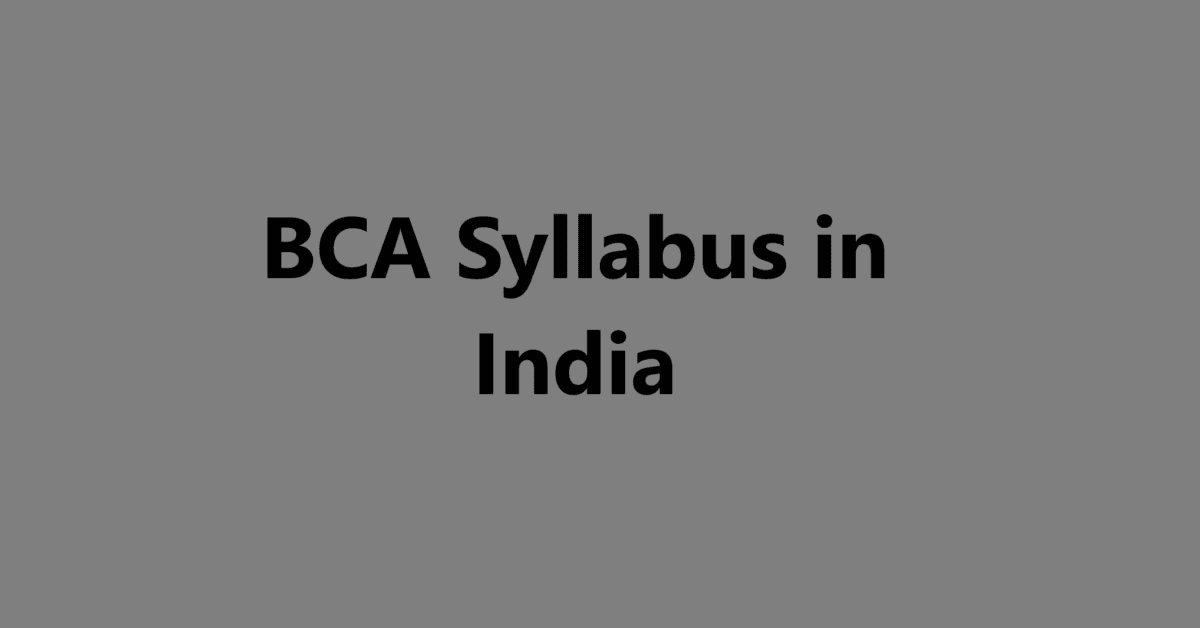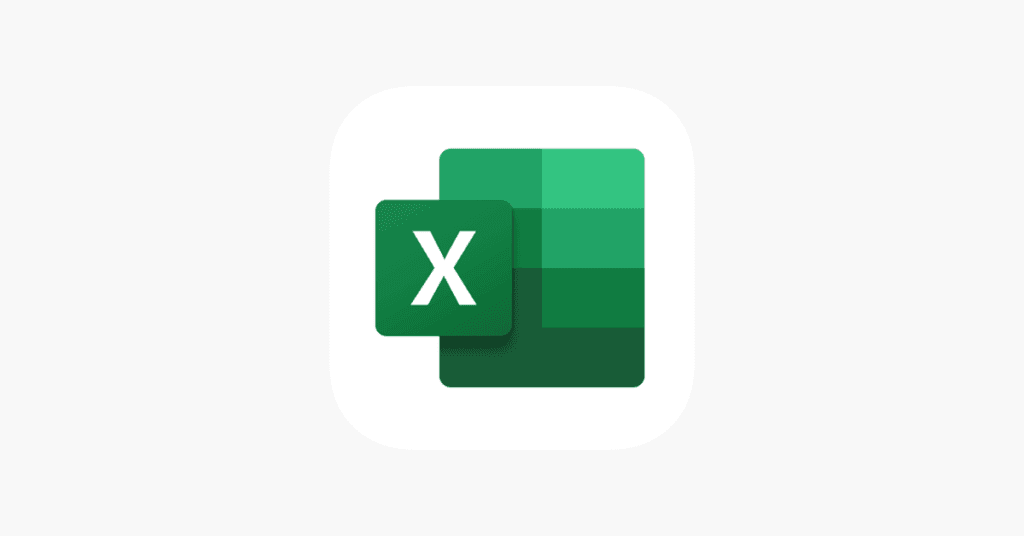Bachelor of Computer Applications (BCA) is a three-year undergraduate degree program designed to provide students with a solid foundation in computer applications, programming, and information technology. The program typically covers various theoretical and practical aspects of computer science, including programming languages, database management, networking, web development, and software engineering.
In India, the BCA curriculum may vary slightly from one university or institution to another, but there are standard subjects and core areas commonly included across different semesters. Below is an overview of the typical subjects covered in each semester along with detailed syllabus content.
Semesters Overview
Semester 1
- Computer Fundamentals
- Introduction to computers: Hardware and software components.
- Types of computers and their applications.
- Memory units (RAM, ROM).
- Input/Output devices.
- Number systems and conversions.
- Basics of operating systems.
- Programming Principles and Algorithms
- Introduction to algorithms and flowcharts.
- Problem-solving techniques.
- Basic concepts of programming languages.
- Writing, compiling, and executing programs.
- Mathematics
- Sets, relations, functions, and algebraic structures.
- Logic and arguments.
- Mathematical reasoning.
- Basic statistics and probability.
- Business Communication
- Introduction to professional communication.
- Types of communication.
- Non-verbal communication.
- Business writing and report preparation.
- Environmental Studies
- Biological and physical aspects of the environment.
- Environmental pollution and conservation.
- Sustainable development.
Semester 2
- Object-Oriented Programming (OOP)
- Concepts of OOP: Classes, objects, inheritance, polymorphism, encapsulation, and abstraction.
- Real-world applications of OOP.
- Introduction to C++ as an OOP language.
- Data Structures
- Introduction to data structures: Arrays, stacks, queues, linked lists, trees, and graphs.
- Algorithms for searching and sorting.
- Applications of data structures.
- Discrete Mathematics
- Functions, relations, and sets.
- Logic and proof techniques.
- Combinatorics and graph theory.
- Database Management Systems (DBMS)
- Introduction to DBMS concepts.
- Entity-relationship model.
- SQL for data manipulation.
- Database design and normalization.
- Web Technologies
- Basics of HTML, CSS, and JavaScript.
- Introduction to web design and development tools.
- Client-server architecture.
Semester 3
- Programming in Java
- Introduction to Java and its features.
- Java syntax, keywords, and data types.
- Control statements, loops, and functions.
- Object-oriented features in Java.
- Operating Systems
- Function and types of operating systems.
- Process management, scheduling, and synchronization.
- Memory management techniques.
- File systems and I/O management.
- Software Engineering
- Software development life cycle (SDLC).
- Software design methodologies.
- Testing and maintenance.
- Computer Networks
- Basics of computer networking.
- Network types: LAN, WAN, MAN.
- Networking protocols and models (TCP/IP, OSI).
- Introduction to network security.
- Data Communication
- Concepts of data communication, signals, and transmission.
- Modulation techniques and bandwidth.
- Communication channel characteristics.
Semester 4
- Advanced Java and Web Technologies
- JDBC and application development.
- JSP/Servlets basics.
- Frameworks (like Spring).
- Mobile Application Development
- Introduction to mobile computing.
- Development of applications for Android platforms.
- Basics of user interface design for mobile apps.
- Computer Graphics
- Introduction to computer graphics and applications.
- 2D and 3D graphics concepts.
- Basic graphics programming.
- Software Development and Project Management
- Principles of project management.
- Tools and techniques for software project planning and execution.
- Agile methodologies.
- Project documentation.
- Cyber Security
- Basics of cybersecurity principles.
- Types of cyber threats: Malware, phishing, etc.
- Cyber laws and ethics.
Semester 5
- Cloud Computing
- Introduction to cloud computing.
- Cloud service models: IaaS, PaaS, SaaS.
- Virtualization and cloud architecture.
- Cloud security.
- Artificial Intelligence
- Introduction to AI concepts and technologies.
- Machine learning basics.
- Applications of AI in various fields.
- Human-Computer Interaction
- Principles of user interface design.
- User experience (UX) design principles.
- Evaluation techniques for interfaces.
- Data Mining and Data Warehousing
- Introduction to data mining concepts.
- Techniques and applications of data mining.
- Overview of data warehousing.
- Choosing Electives
- Students may choose electives based on their interests, such as:
- E-commerce
- Mobile technologies
- Software quality assurance
- Digital marketing.
- Students may choose electives based on their interests, such as:
Semester 6
- Research Methodology
- Basics of research and methodologies.
- Data collection, analysis, and interpretation.
- Writing a research project/report.
- Industrial Training/Project Work
- Students undergo practical training in industry.
- Original project development is done under guidance.
- Entrepreneurship Development
- Basics of starting and managing a tech-oriented business.
- Importance of innovation and sustaining growth.
- Final Semester Project
- Comprehensive project integrating knowledge gained.
- Presentation and demonstration before a panel.
- Comprehensive Viva/Internship
- Oral examination based on the complete syllabus.
- Internship opportunities in related fields.
Conclusion
The BCA program is structured to equip students with a robust understanding of computer applications, software development, and IT management. Graduates of this program can pursue careers in various fields, such as software development, network administration, database management, and more. Upon completion, students are also prepared for advanced studies such as MCA (Master of Computer Applications) or other post-graduate programs in related areas.
Different universities might have varied names for some subjects or specific electives based on their curriculum. Therefore, it’s always a good idea to check the exact syllabus with the respective institution in India.


